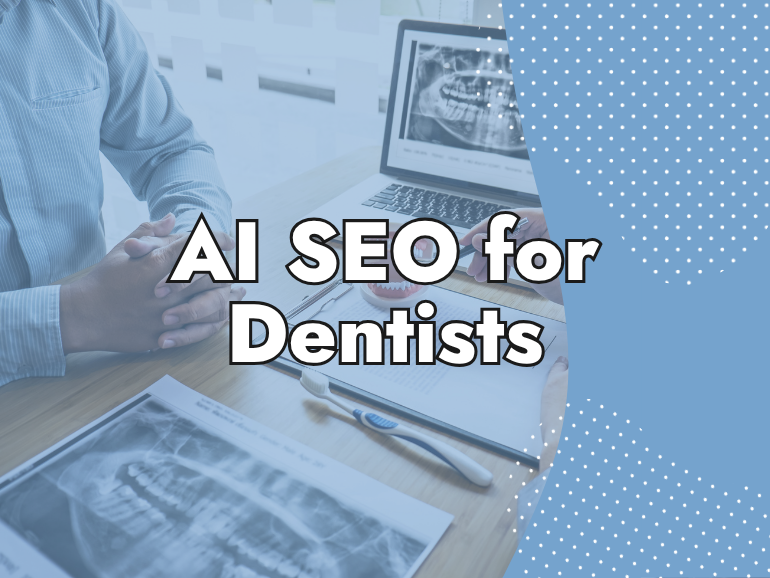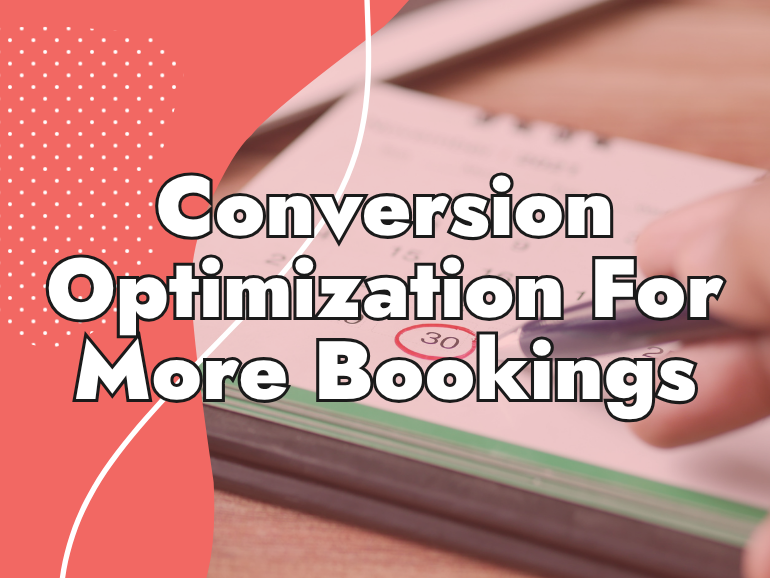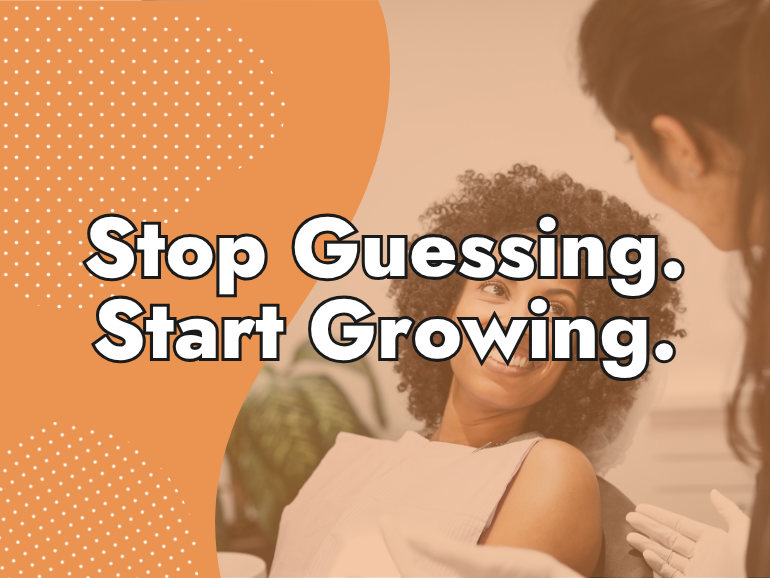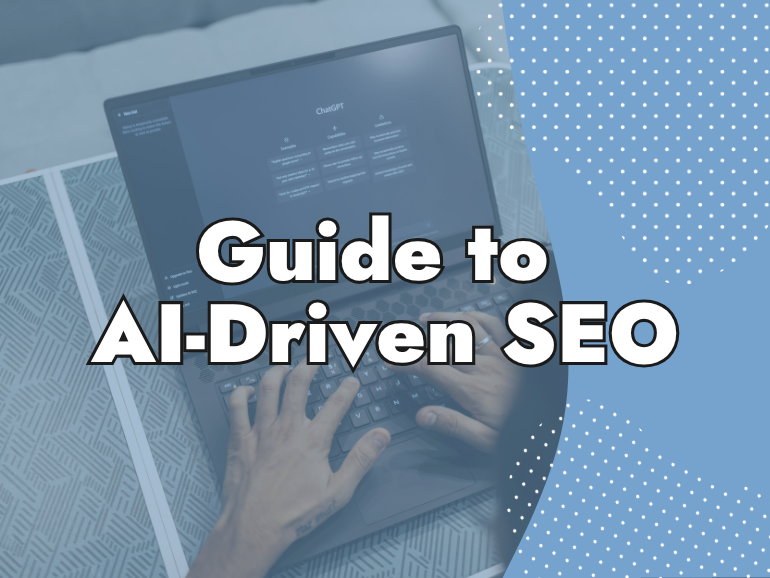Does Social Media Impact SEO?
Like many, you may have have wondered Does Social Media Impact SEO? Google repeatedly suggests that social media has no impact on its ranking algorithm. Head of Web Spam Matt Cutts produced a video where he explained that the reasoning behind it was down to the changeable nature of social media which causes unreliable source…
Written by Keiran Griffiths
Last updated February 27, 2025 • First published July 28, 2020

Like many, you may have have wondered Does Social Media Impact SEO?
Google repeatedly suggests that social media has no impact on its ranking algorithm. Head of Web Spam Matt Cutts produced a video where he explained that the reasoning behind it was down to the changeable nature of social media which causes unreliable source of signals. In his book “How to Get to the Top of Google Search: A Practical SEO Guide (Conway, 2019) the author says that this means social media cannot therefore be counted on for ongoing and accurate information (Conway, 2019).
Conway goes on to say that, “despite Google’s official position, there are many different ways that people and businesses have found that social media does, in fact, play its part in affecting search ranking (pp.220). He uses the example that Hootsuite carried out an experiment in 2018 that saw inbound marketing, data analytics, and social marketing teams organize pre-existing blogs into three groups over Twitter, and then compare their impact with search engine visibility.
The three blogs were separated as follows;
- Control Group: w/ no social media sharing
- Organic Group: w/ links to the articles shared on Twitter
- Paid Promo Group: w/ links to the articles shared on Twitter w/ a paid boost
The results saw the Control Group have no change in visibility, Organic Group experienced a 12% growth, and the Paid Promo Group have 22% growth. So does social media impact SEO. We think so. It would appear that social media is playing a part in SEO ranking – albeit, perhaps not a direct one.
So what are the learning curves here:
- Quality of posts is key (as opposed to quantity of posts): Article posts need to be impactful, timeless, and valuable. Even one click of a backlink post will significantly improve the search rank of an URL.
- Social marketers should be aware of the impact that paid promotion has on SEO, such as the 22% growth in the Paid Promo Group, while Hootsuite found that paid promotion nearly doubled the SEO benefit of organic promotion.
Tips and Tools for Social Media to Impact SEO:
According to Lee Odden in his article, “Optimize: How to Attract and Engage More Customers by Integrating SEO, Social Media, and Content Marketing the author combines three elements of digital marketing to attract new customers and maintain existing ones. Using strategic principles and real-life examples to accentuate the necessity for social media’s impact on SEO for optimal online and content marketing.
Odden uses the pyramid model of Discovery, Consumption, and Engagement to highlight the direction users take to become consumers.
LIKE WHAT YOU’RE READING?
If these articles are helpful,
imagine what our team
can do for you!


More Traffic. Leads. Business.
I want to show you how SEO can grow your business in ways you haven’t seen before.
More Traffic. Leads. Growth.

I want to show you how SEO can grow your business in ways you haven’t seen before.
Discovery:
48% of consumers are influenced to purchase by search and social media.
Consumption:
79% of desktop Internet access is to socialize.
Engagement:
#1 of influencer on consumer brand decisions is: SEARCH
#2 is: Word of Mouth.
Odden’s hypothesis recognizes how social media does impact SEO because they have a synergy and will therefore help organizations recognize their ability to connect, engage, and increase revenue.
In what other ways does social media impact SEO? Pankaj Mondal’s four theories revolve around engaging locally in order to build a cult following. In his article, “Four Ways Social Media Boosts SEO the author suggests linking content and networking as the main avenue to success (Mondal, 2018).
Content Promotion:
Social media can help improve website rank through content promotion as it’s the primary way users engage with social media (i.e. photos, videos, stories, or live streaming). But do ensure to produce compelling content otherwise it’ll get lost in the shuffle.
Brand Awareness:
Social media helps brand awareness as there is a certain correlation between strong branding and search performance. For example, SEMRush published a report in 2017 that showed a direct correlation between traffic and brand recognition because people are already aware of the brand in question.
They carried out this report by studying over 600,000 keywords and applying a learning algorithm. Mondal suggests utilizing paid options such as advertising and sponsored posts in order to reach a larger target audience.
Local Engagement:
Interaction with local brands on social media and using social media to promote involvement in local events are two ways marketers can engage with the local community, build brand awareness, and ultimately generate a following for the published content.
Link Building:
Does social media impact SEO in terms of links? With social media encouraging external sites to link to said content, marketers are required to produce high-quality content – also known as linkable assets.
Linkable Assets: This is also known as ‘manual promotion’ and exists to “close the gap between the links you have and the links you deserve (Dennis, 2016).
Link Builders find relevant audiences for your site and securing the necessary links for the organization.
How Does Social Media Affect Your SEO?
So how exactly does social media impact SEO? The number one reason given by Hootsuite is that it Drives Traffic. They claim that as one of the major ranking factors social media provides more visibility to one’s content.
Increased numbers of people sharing content within their networks results in an increase in traffic to one’s website, subsequently boosting rankings.
One example is CognitiveSEO’s case study that saw the term “Google Images rise in the rankings from 74th to 8th in one day thanks to 20,000 visitors from the social sharing website, Reddit.
Social media also affects SEO as it ranks in search engine results. This means that they are visible in ‘branded search results,’ often in the first page. Along with the search results of a specific organization; the company’s ratings, social media pages, and location.
Improving content reach is number three on the Hootsuite rankings. While search engines only guarantee people will find content when searching for a relevant keyword, social media ensures content distribution to those who don’t even realize they need the content.
Better content reach equals high-quality traffic which in-turn affects rankings. Like the aforementioned “Google Images ranking rise, an experiment involving the term “unhealthiest food garnered 16,000 ‘likes’ and 8,800 ‘shares’ after famed American-Japanese actor George Takei initially shared the post. Upon that, the post got a “featured snippet for the target search term.
Social media platforms are they themselves search engines. For example, searching for a term such as “marketing on a site like Facebook will lead the user to pages with the term “marketing highlighted. In this case, it’s better to specify the search to narrow the search engine results.
As mentioned earlier, Local SEO plays a huge role in social media as community-building leads to greater brand awareness, so it makes sense to update the NAP (name, address, phone number of your business).
By maintaining NAP, Google will consider a business more credible and this means rankings increase within the ‘local search results’ category. Geo-tagging stories and posts over social media will result in greater visibility in a local setting, for example, Instagram users can search for geotagged content.
Hootsuite highly recommends using YouTube – out of all of the social media sites, as they receive significant rankings in search engine results and are actually the first to pop-up for specific searches. Therefore, Hootsuite recommends that YouTube channels and videos be optimized for SEO using keywords.
These aforementioned factors indirectly assist rankings by providing more visibility for brands, ultimately driving more traffic.
Why Does Google Ignore Social Media Trends?
Mentioned earlier, Google offers the reason that they simply don’t want anyone cheating the system with regards to social media shares or followers when web ranking. Additionally, social media shares occur 24/7 therefore Google isn’t able to crawl or always keep track.
Effective Marketing Strategy a Necessity:
Due to the ineffectiveness of Google as a tool for social media trends, it’s imperative to possess a comprehensive social media marketing strategy in order to boost ‘real-world results.’
Determining social media websites by demographic is the first step to catering to a specific target audience. It’s wise to know that Youtube is the second largest search engine (Google being first), while Facebook, Instagram, and Snapchat are mainly used by young adults. The same applies to TikTok with the new social media app particularly popular with Generation Z. Meanwhile, LinkedIn and Twitter cater to businesses and professionals.
The Strategy:
Developing a strategy for SEO purposes has to be a long-term investment rather than simply a quick cash-grab. This is because social media is capable of building personal connections with prospective clients, as well as growing the brand, meeting customer needs and ultimately generating income. Therefore the main goal is to grow awareness of the products and services, as opposed to straight-up selling.
Sherman’s guide to creating a savvy social marketing strategy involves his rainbow model of; Set Goals, Determine Audience, Choose Platform, Create Content, Implement, Track & Measure Content, and Adjust.
The author emphasizes the need for authenticity in order for online success, with consumers gaining an insight into the ‘personal’ side of a business.
The strategy is established to focus on social media because of three reasons; Indexing, Authority, and because it’s Real.
Indexing:
Social media posts can get crawled by search engine spiders, and therefore indexed. What does this mean exactly? Well, if a user happens to search for a word related to the content being produced then that specific organization (and those like it) will also appear in the search index.
Furthermore, should a blog receive a lot of traffic, it appears to index at a quicker pace.
Authority:
If a page or domain generates high traffic levels, it is highly valuable. Because of this it also has authority. This means it has a better chance of ranking above other websites that don’t possess as much authority. Authority grows further the more the website keeps churning out top quality content.
Authenticity:
Social media involves real people and therefore needs to cater to the audience it’s targeting. Keywords that relate to users are a good start and segregating the target audience with requests for feedback will allow an organization to create a relationship with people.
Google’s Impact:
Google itself – despite its insistence that social media doesn’t have an impact on rankings, have themselves stepped-up their game to provide a platform with which useful organizations are better recognized. In 2011, it updated its search algorithm to wean out spam websites and content farms, which was taking-up unnecessary web space with high-volume, low-value content and subsequently (slowly) removing important websites from Google’s first page.
On top of that, Google has helped create speed, stability, relevancy, and reliability to Indexing, which coded programs (bots) carrying out indexing on the web. Google used social cues as one of the corroborative metrics to rank a website. Using the surfing behaviour of net’ users, they designed a contextual semantic search engine where results are curated by human input as well as the algorithm Google has devised.
Final Thoughts:
So when asked the question “does social media impact SEO? take into consideration the correlation between great content, mass following and shares, and Google’s ranking algorithm before dismissing it. And while Google may not include social media in its algorithm any time soon, it’d be foolish not to build a website around a sound social media marketing strategy.
Social media may not be a direct Google ranking factor, but it’s the next best alternative to promote content, build brand awareness, and a following and maintain relevancy. At the end of the day, that’s what Search Engine Optimization is all about.
What’s Next?
While Google makes the claim that social media doesn’t have an impact on the ranking algorithm, it does hold merit in other aspects of SEO. To carry-out further research into what YOU need to do to utilize social media for SEO purposes, contact 1st on the List so they can share their invaluable experience and knowledge in order to provide top-notch SEO for your organization.
Contact 1st on the List TODAY
1st on the List are YOUR go-to SEO company and will put YOU number one. For more information: call 1-877-563-0459 or email us at [email protected].
Keiran Griffiths
Keiran Griffiths is the President & Managing Director at 1st on the List. He works exclusively out of the Abbotsford head office and has extensive experience helping small and big brands grow their business. His background is in restaurant and hospitality management as well as business development (he started his own property management company in 2014). Up for any challenge, Keiran works with clients to assess their budget and investment capabilities and come up with a marketing solution that will earn them the biggest bang for their buck.
Don’t miss out – get newest posts straight to your inbox!
OTHER ARTICLES WE THINK YOU’LL ENJOY
Partner With Us. Get More Leads.
Stop trying to do it all on your own – reach out to our team and we can discuss marketing strategies that are best suited for your business!
[NO HASSLE, NO PRESSURE, NO WORRIES – JUST MEANINGFUL INSIGHTS]








